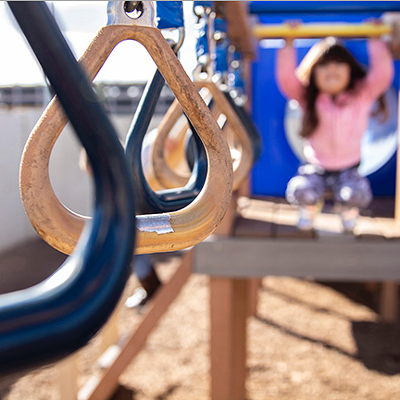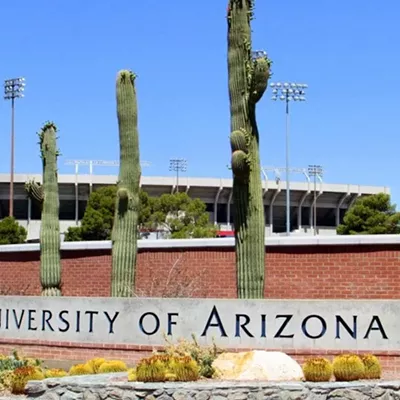Tuesday, February 26, 2019
Charter School Teachers On Strike: A Privatizer's Nightmare
As I write this, teachers in Oakland, California, are out on strike for the fourth day. Some charter school teachers are organizing a sick-out to join the district teachers.
In Los Angeles, teachers went on strike in January, ending with a contract agreement with the district. A small group of charter school teachers joined them on the picket lines.
Charter teachers joining a school district strike should put a scare into the privatization/"education reform" crowd. Here's something even scarier. Last December, unionized teachers from a Chicago charter network held the nation's first charter school strike. The teachers succeeded in getting a pay raise, lowering class sizes and granting undocumented students sanctuary.
Then this month, 200 teachers at another Chicago charter school chain were out on strike for two weeks.
Led by the Chicago Teachers Union, striking charter educators staged a camera-ready civil disobedience campaign that filled downtown sidewalks with loud protests, blocked access to a Loop office tower used by CICS board President Laura Thonn and crowded outside Mayor Rahm Emanuel’s office for a Valentine’s Day card writing campaign.The new contract will include "pay raises, class-size limits, one week of paid parental leave and shorter work schedules."
The strikes are the visible tip of the charter school unionization iceberg. Many other charters have unionized teachers who regularly engage in collective bargaining with their charter organizations.
It's a privatizer's nightmare.
Charter teachers have been joining unions over the past few years. We haven't felt it in Arizona where, so far as I know, no charters have union-based bargaining units (If I'm wrong, please let me know in the comments).
Elsewhere it's a different story. According to data from 2016-17, 781 charter schools around the country have collective bargaining agreements with unions. That comes to about 11 percent of charters.
That number, however, needs a bit of explanation. About half the unionized charters are either parts of school districts or are in states where state law requires that charters participate in collective bargaining (Five states — Alaska, Hawaii, Iowa, Kansas, and Maryland — require charters to be unionized unless they ask for waivers). That brings the number of charters where teachers have banded together to unionize to about 390.
The "education reform" movement likes to brag about how wonderful it is that charters aren't required to follow all the regulations school districts have to conform to. That includes all those pesky union intrusions into the way a school is run. The result for teachers at many charters is significantly lower wages than teachers in neighboring districts, longer hours, and required out-of-school duties (If you've ever seen charter teachers manning tables in front of your local supermarket to drum up business, you can be pretty sure they're not doing it of their own free will). Unionizing can look pretty attractive to those teachers.
As the charter school movement matures, we're likely see more union representation, though there are obstacles. As in many non-unionized businesses, charter owners often discourage union organizing and can make it hot for teachers who push too hard. Also, teacher turnover rates at charters are high, so it's hard to pull together a group of teachers who have been around long enough to organize. Another obstacle is, teachers unions tend to fight against the growth of charters, which can create a divide between unions and charter teachers.
Tags: Charter schools , Unions , Strikes , Chicago Teachers Union , Arizona schools , education , students , teachers , Image

















